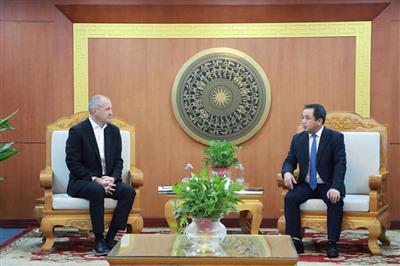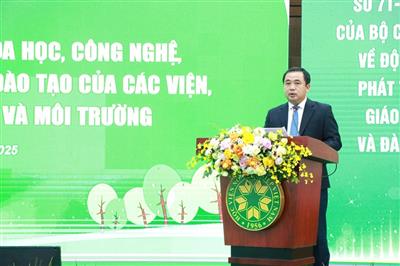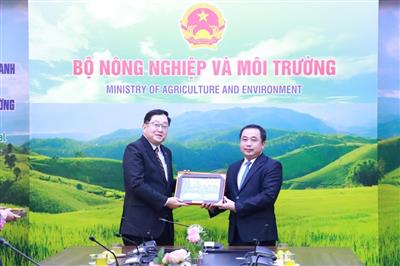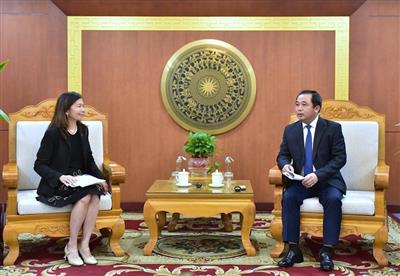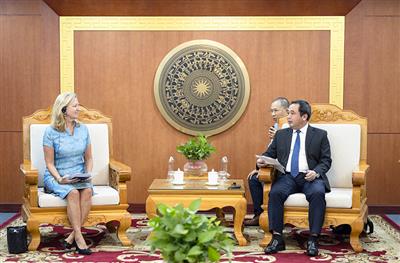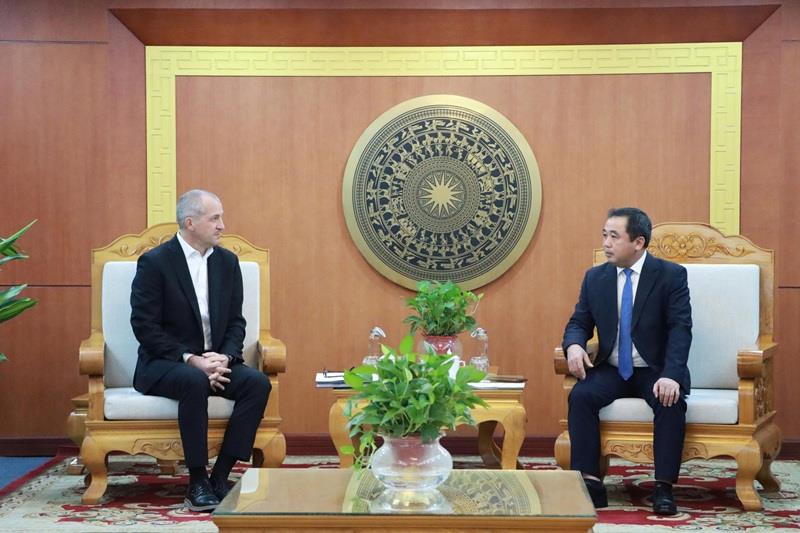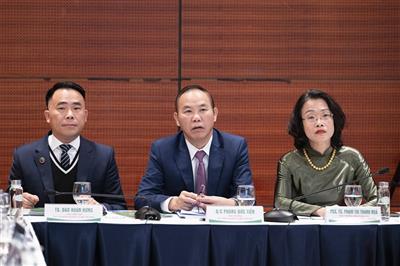
The Japanese solid waste management expert - Hideki Wada: Developing a circular economy requires sustainable and effective partnerships
14/08/2025TN&MTThe circular economy has demonstrated great potential in promoting sustainable development and addressing environmental issues. The reporter from Agriculture and Environment Magazine had an interview with Japanese solid waste expert - Hideki Wada.
Reporter: Could you please share your assessment of Vietnam’s current development of the circular economy, Mr.Wada?
Mr. Hideki Wada: I can access Vietnam’s circular economy (CE) policy very positively. It is clearly outlined in the Law on Environmental Protection, as well as in guiding decrees, circulars, and the National Action Plan on Circular Economy (NAPCE). Vietnam is the first ASEAN country to establish such a clear direction for CE. You can be proud of it.
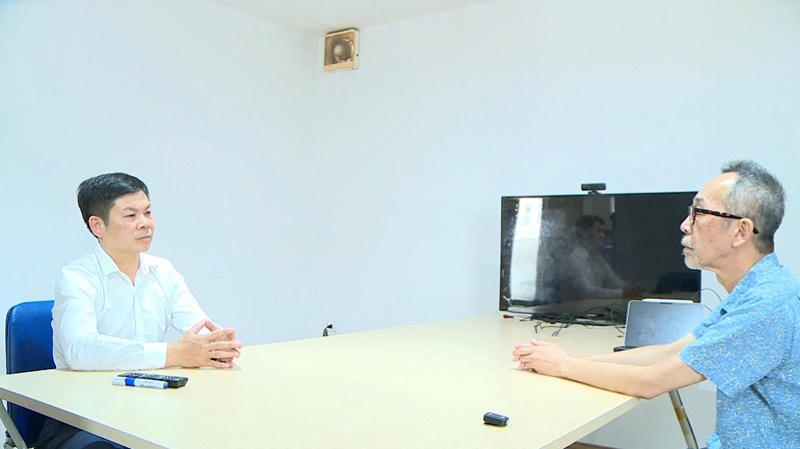
The Japanese solid waste expert - Hideki Wada talked with the reporter from Agriculture & Environment Magazine
Reporter: What circular economy models should Vietnam study and apply, Mr. Hideki Wada?
Mr. Hideki Wada: The circular economy has many aspects, 'circulating' which is promotion of recycling—is one of the most crucial. Vietnam already has advantages in recycling so-called 'autonomous materials.' For example, it is rare to find paper or metal in landfills because they are actively collected and recycled.
However, significant challenges remain for materials such as multi-layer plastics, single-use plastics… which are difficult to recycle. Similarly, construction and demolition waste (CDW), which in Japan is recycled at nearly 100% by crushing and reusing it as stone or aggregates in construction, is mostly dumped in Vietnam. Therefore, prioritizing and strengthening recycling should be the key CE model for Vietnam.
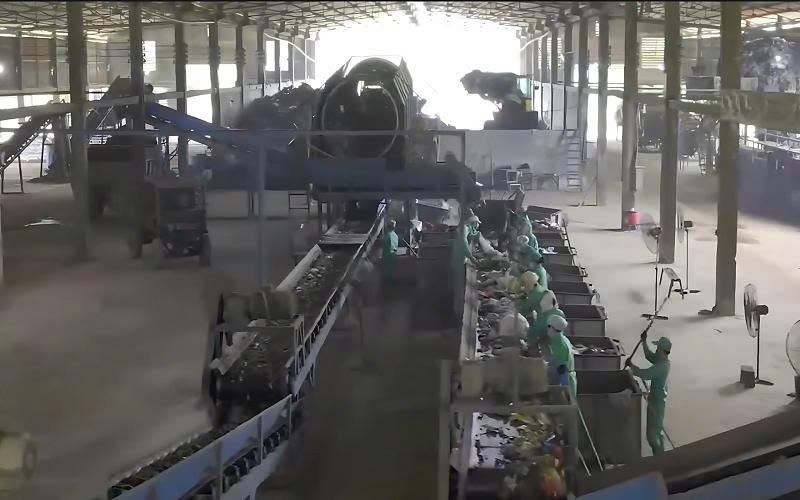
Solid waste recycling at Nam Thanh solid waste treatment facility in Lao Cai province
Reporter: So, do you have any recommendations to Vietnamese authorities and businesses to promote circular economy development?
Mr. Hideki Wada: I must say that the circular economy is not only Vietnam’s policy but also an international trend. In the European Union (EU) and Japan, CE-oriented production activities have been widely implemented. For Vietnamese businesses, this is a crucial prerequisite — failure to comply with CE principles risks losing access to key export markets such as the EU and Japan.
The development of a circular economy (CE) cannot rely solely on regulations or penalties. CE is an interdisciplinary issue that requires close cooperation among government authorities, businesses, and households. Promoting the circular economy requires sustainable and effective partnerships.
Reporter: Thank you very much Mr. Hideki Wada!
Do Hung


